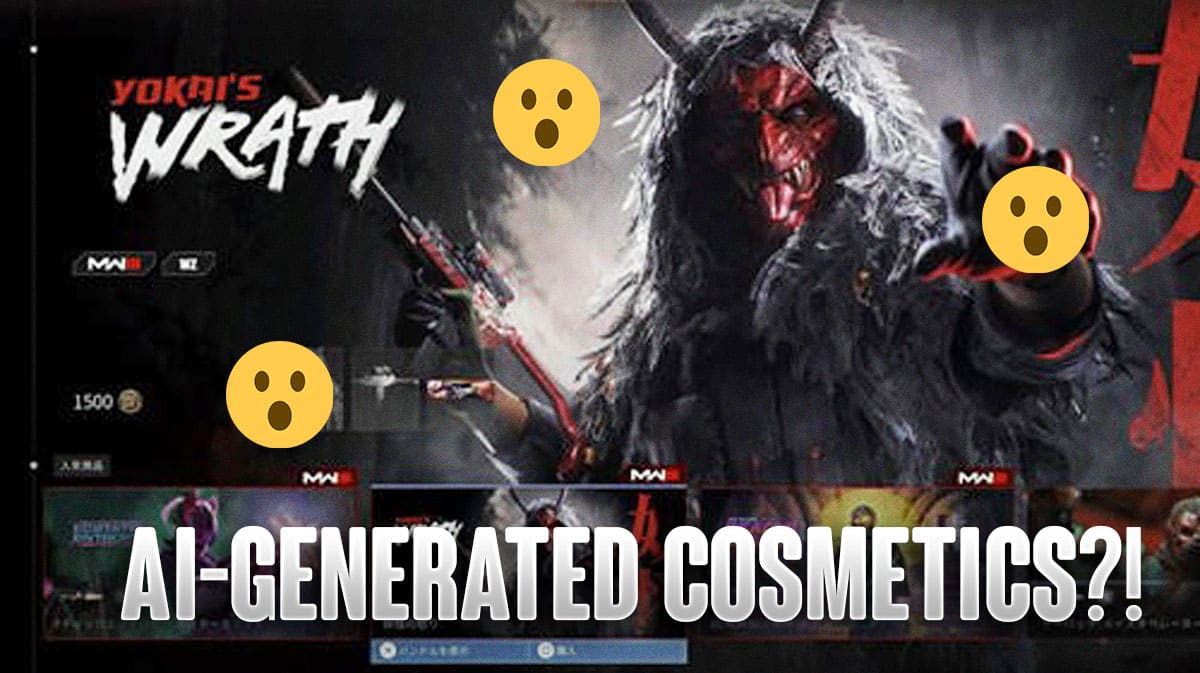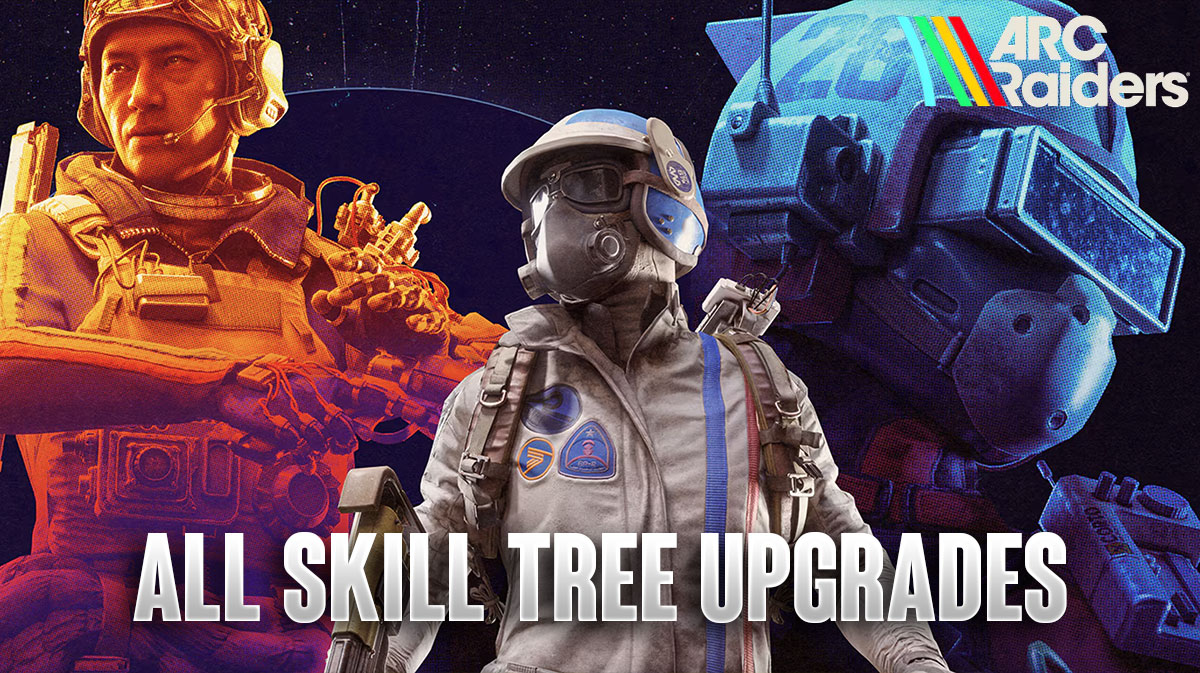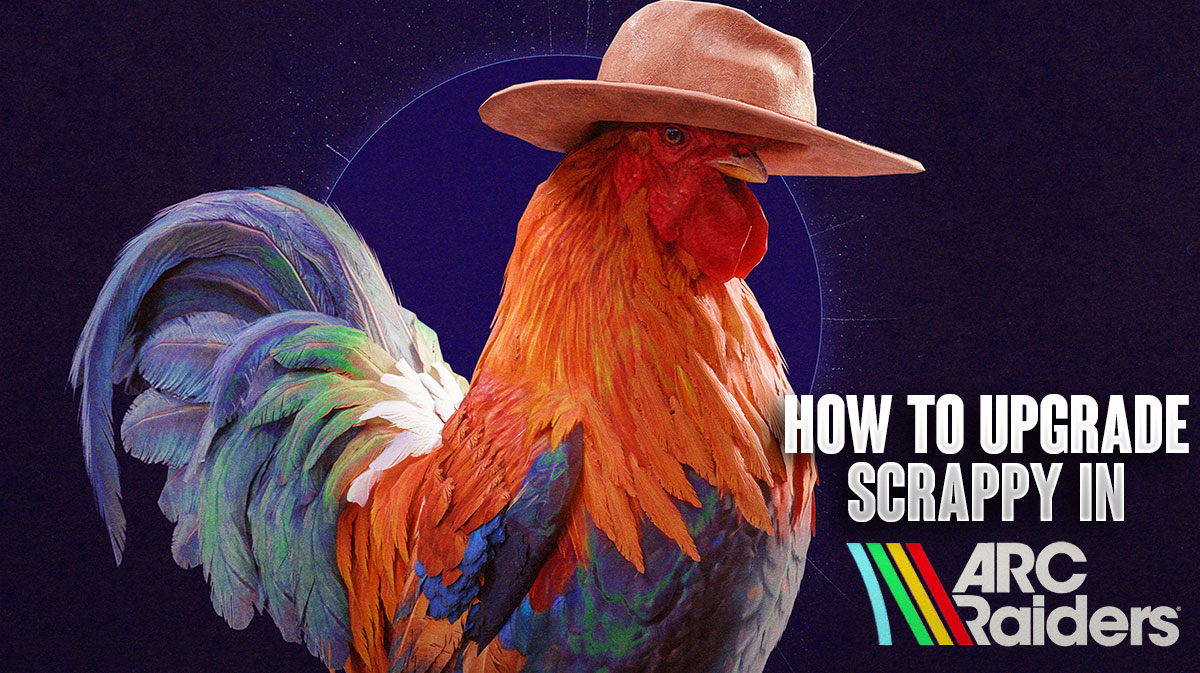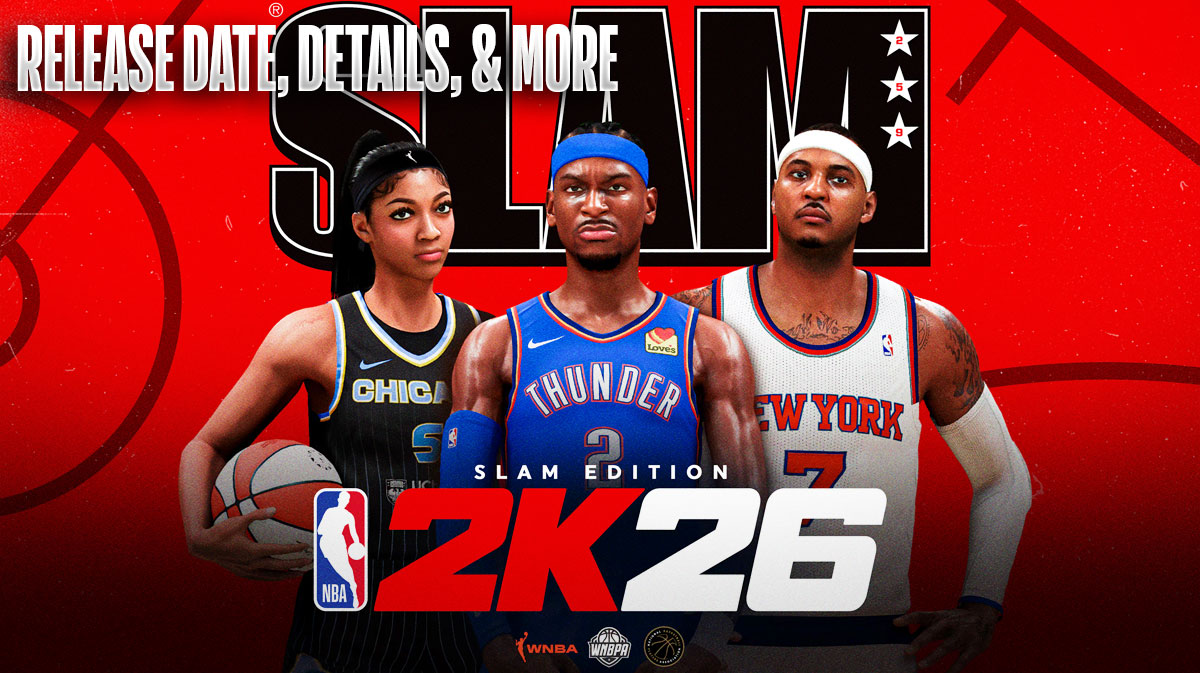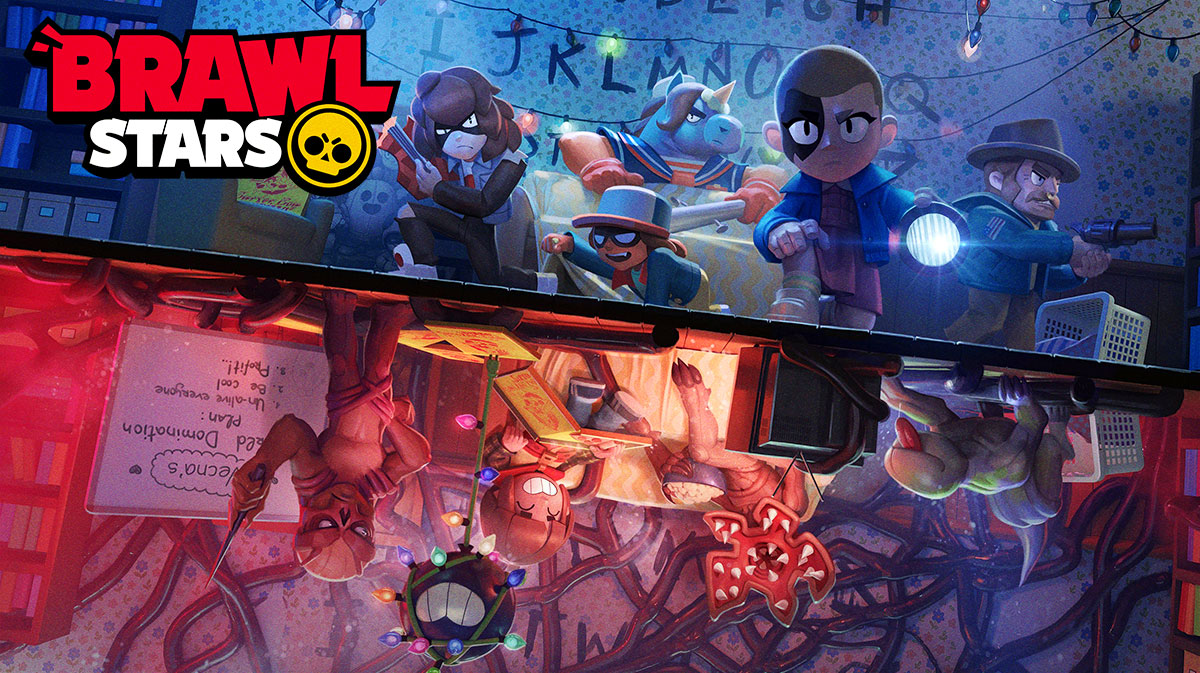In a significant development in the gaming industry, Activision Blizzard has been reported to utilize generative artificial intelligence (AI) in the production of cosmetic items for Call of Duty: Modern Warfare 3. This revelation came as part of an investigation by WIRED, which highlighted a growing trend among major game developers to incorporate AI tools into their creative and development processes.
According to the investigation, Activision Blizzard initiated the integration of AI technologies into their game development pipeline as early as 2023. By mid-year, the company had already gained access to advanced AI models such as GPT-3.5. Following extensive testing and evaluation, Activision Blizzard began using generative AI tools to assist in creating concept art and marketing materials by July 2023.
A Look At Activision's AI-Generated Cosmetics And Industry Shifts
The integration of AI reached a new level towards the end of 2023 when Activision Blizzard reportedly introduced an AI-generated cosmetic item within the in-game store of Modern Warfare 3. While the specific details of the cosmetic bundle were not fully disclosed, WIRED suggested that the Yokai’s Wrath bundle, released in December 2023, might be the implicated product. This bundle, which cost 1,500 CoD Points or approximately $15, featured an array of elements including an Operator skin, a weapon blueprint, a calling card, a weapon sticker, and a loading screen. It remains unclear which of these components were directly created using AI.
A new report from WIRED claims that parts of the Yokai Wrath bundle released in Call of Duty: Modern Warfare III was made by A.I. software.
WIRED also claims Activision developers were approved to use generative AI programs earlier this year. pic.twitter.com/d4t1f071Yr
— CharlieIntel (@charlieINTEL) July 24, 2024
Further findings from the investigation indicated that the developers behind Call of Duty were authorized to utilize generative AI tools such as Midjourney and Stable Diffusion specifically for AI art production. This strategic move aligns with the broader industry's increasing reliance on AI to streamline production processes and foster innovation.
However, the adoption of AI has not been without its consequences. Shortly after the release of the AI-generated cosmetic bundle, Microsoft, which acquired Activision Blizzard in a landmark deal, made a significant decision to lay off 1,900 employees from Activision Blizzard and Xbox divisions. The layoffs affected various departments, but notably, the remaining concept artists were reportedly mandated to use AI tools to aid their creative tasks. This shift underscores the profound impact AI is having on roles traditionally held by humans.
The Rise Of AI In Development And Ethical Considerations
While Activision Blizzard has yet to make an official statement regarding the findings from WIRED's investigation, the use of AI in game development is becoming increasingly prevalent. Industry experts argue that the integration of such technologies not only enhances the efficiency of content creation but also opens up new avenues for artistic expression.
The investigation also touched upon other major game developers like Riot Games, which experimented with an in-house generative AI for game development. Unlike Activision’s approach, Riot’s experiment did not progress to full-scale implementation, reportedly due to a lack of significant support within the company. This illustrates the varied responses and approaches within the gaming industry towards the adoption of AI technologies.
As AI continues to evolve, its integration into industries like gaming raises important questions about the future of employment for traditional roles and the potential changes in the creative process. It also poses ethical considerations about the use of AI in creating content that has traditionally been the sole domain of human creativity.
This development marks a pivotal moment for the gaming industry as companies navigate the benefits and challenges of AI integration. While the full impact of these technologies remains to be seen, what is clear is that the landscape of game development and design is undergoing a profound transformation, driven by the rapid advancements in AI.
For more gaming news, visit ClutchPoints Gaming

